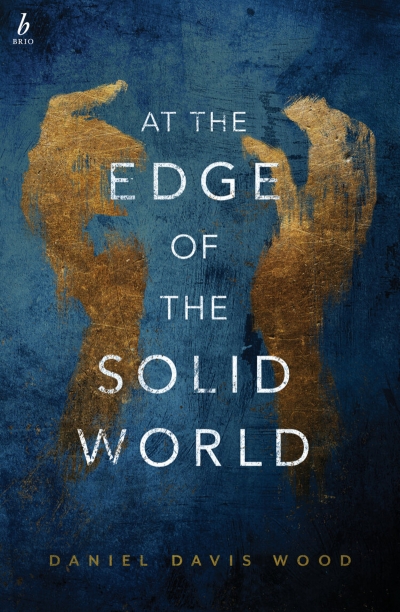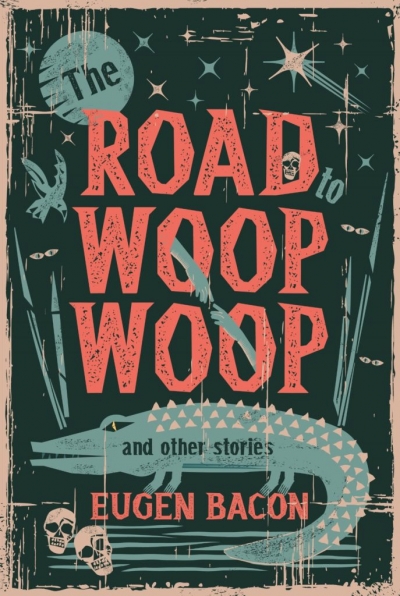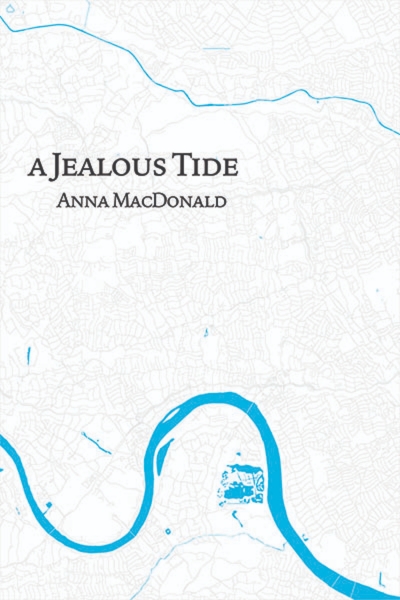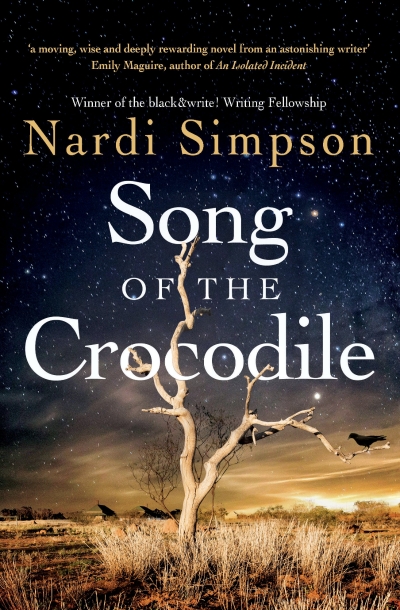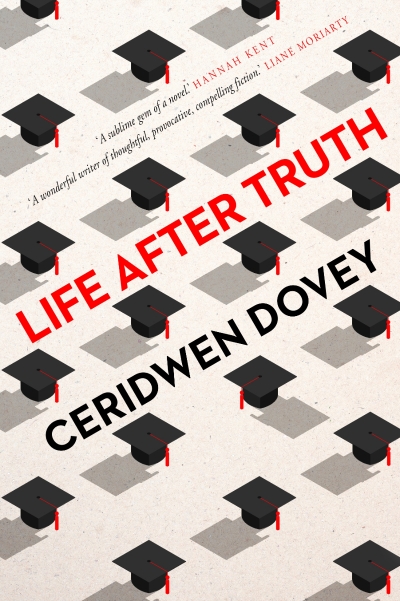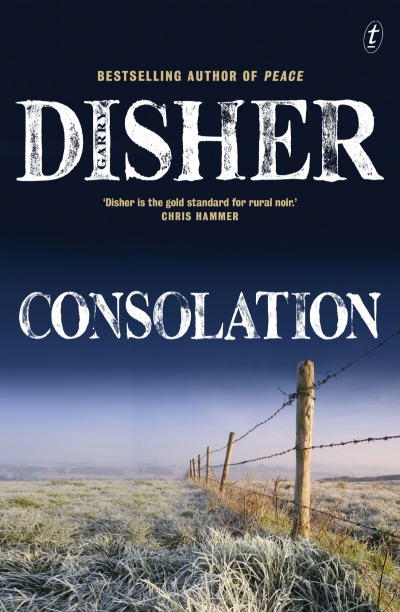Fiction
Dystopias, apocalypses, and postapocalypses have been part of Young Adult literature long before ecological disaster became the prevalent social narrative. They give writers a chance to indulge the youthful desire to upset the table and start over, rather than partake in the tedious and often fruitless work of actual progress. Blowing stuff up is far more exciting than endless meetings or political discussions. Asphyxia’s Future Girl, Amie Kaufman and Meagan Spooner’s The Other Side of the Sky, and Charlie Archbold’s Indigo Owl each deal with the end of the world and how young people navigate it.
... (read more)At the Edge of the Solid World by Daniel Davis Wood
by Naama Grey-Smith •
The Road to Woop Woop and other stories by Eugen Bacon
by Susan Midalia •


